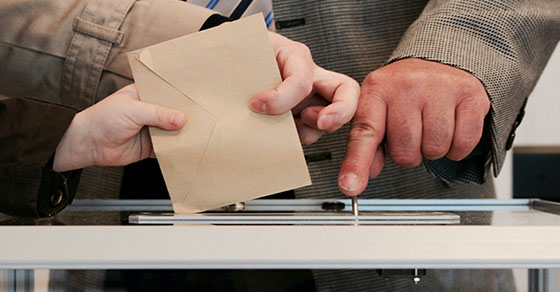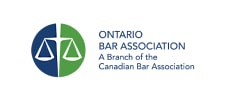On Monday, September 20, Canadians re-elected a Liberal minority government. For the past several months, those wishing to migrate to Canada have had to deal with extreme uncertainty regarding the status of their applications, ability to comply with Immigration, Refugees and Citizenship Canada’s (IRCC) requirements, and actually being able to travel to Canada. Many applicants have been affected by IRCC’s response to the COVID-19 pandemic and the humanitarian disaster in Afghanistan, which has put the processing of many immigration applications on hold, and also feared the potential changes that would come if a new political party came to power. Now that the election is over, and Canadians opted to re-elect a Liberal minority government, immigration and refugee applicants may be wondering what they should now expect.
While it may seem like not much has changed in this election, the Canadian government will likely impose changes to the immigration process very soon. The Liberals have several large immigration issues to tackle to bring more consistency to the system and better manage the expectations of applicants.
Immigration Application Backlog:
The most pressing immigration issue the Liberals will need to tackle is the application backlog. Due to the pandemic, Canada completely suspended immigration for several months, resulting in a huge backlog of applications to work through. While the authorities have been working through the backlog for months now, they are still not working at full speed and are nowhere close to getting through them all.
Between February 2020 and July 2021, the backlog of permanent residence applications increased by 70% to just over 375,000 cases. The backlog for temporary residence applications also dramatically increased, with outstanding cases reaching a colossal 702,660 applications. Citizenship applications have also been severely impacted, with the backlog reaching 369,677 cases as compared to 208,069 preceding the pandemic.
Even prior to COVID-19, most immigration applications took several months or years to be processed. These processing times have been greatly exacerbated during the pandemic. As a result, many people’s lives have been put on hold. To deal with this backlog crisis, the government will have to come up with a better plan to work through and expedite these applications.
Meeting the 401,000 Target:
Prior to this election, the Liberals had promised to accept 401,000 immigrants in 2021, 411,000 in 2022, and 421,000 in 2023. These are the highest immigration levels in Canadian history, so it will be interesting to see whether this target can still be met. It seems unlikely that the government will achieve its 2021 goals. Because the border was closed for so long, Canada is behind schedule to meet this goal. During the election campaign, Prime Minister Justin Trudeau said he would increase the immigration targets if he was re-elected in order to make-up for the lost time during the pandemic. It remains to be seen if this actually happens.
If we do not meet our 2021 target, it will be interesting to see whether the government increases the 2022 target to make up for the deficit.
The Ideal Solution:
Let’s hope that now the politicians are secure in their jobs for another four years, that they will roll up their sleeves and get back to work. Canada should expedite the transition to online processing to more easily work through the backlog and streamline the application process. In its 2021 budget, the Liberals announced they’d invest $429 million over five years into its IT infrastructure to process immigration applications. The government needs to make significant headway on this plan now.
All efforts must be made to rapidly increase processing times. The government should consider hiring more people if they don’t currently have the capacity to do this. The cost of hiring more staff can be offset by increasing processing fees.
Immigrants and refugees play an important role in Canadian society. They will be a crucial factor in strengthening Canada’s recovering economy, and the government should be doing everything in its power to encourage migration to Canada to strengthen our economic, social, and cultural fabric.
Canada must also put in place stronger contingency plans for emergencies. As conflicts around the world continue to increase, the world will see more and more migrants and refugees. Canada needs the ability to respond to acute crises while continuing to work on the applications of millions of other migrants and refugees.
Conclusion:
Immigration processes are always changing, and will continue to change as Canada responds to the pandemic, global crises, and a new government. It will be important to keep the Liberals accountable to their campaign promises.
Constantly adjusting to new policies can be a time-consuming and frustrating process. The Law Office of Matthew Jeffery continues to stay aware and up-to speed on these changes. Our office has significant expertise in immigration and refugee matters and can assist you with your case. Please contact us to see if we can help you with your immigration process.























